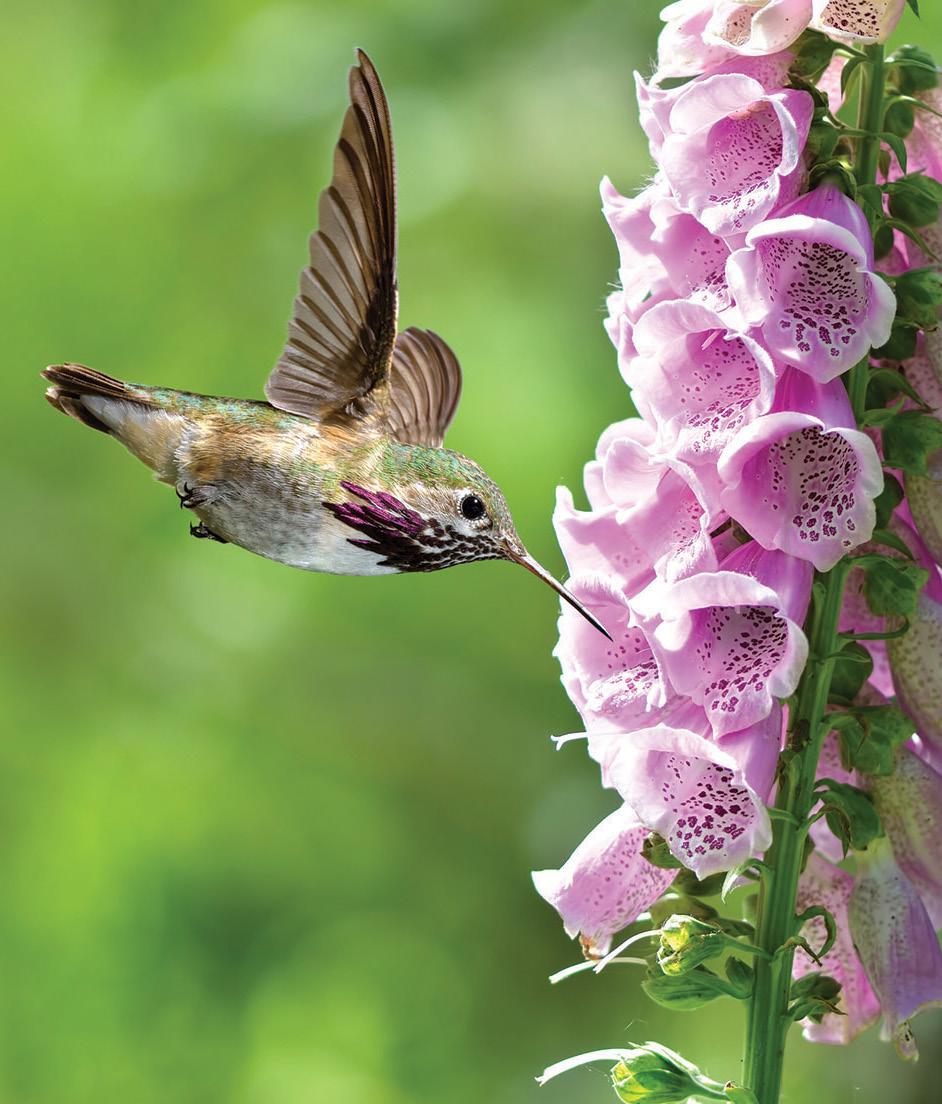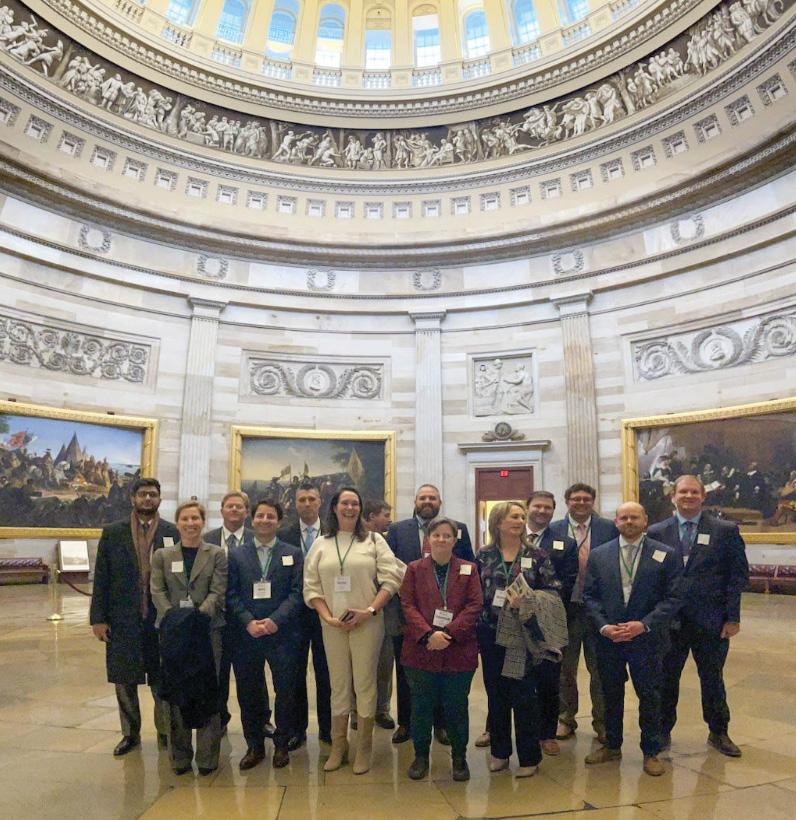
2 minute read
Great News for Horticulture in Plant Protection Funding
By Michael Martin, PhD, Science, Research, & Regulatory Programs Director, AmericanHort, MichaelM@AmericanHort.org
The 2023 funding allocations for Plant Protection Act’s Section 7721 (PPA 7721) were recently announced.
Plant Protection Act’s Section 7721, initially established in the 2008 Farm Bill as the Plant Pest and Disease Management and Disaster Program and revised in the 2014 Farm Bill to the Plant Protection Act. Annually PPA 7721 provides $75 million to fund projects meant to strengthen the Nation’s infrastructure for pest detection, surveillance, and identification; threat mitigation; safeguarding the nursery production system; and responding to plant pest emergencies.
For 2023, USDA is funding 322 projects conducted by universities, States, Federal agencies, nongovernmental organizations, non-profits, and Tribal organizations carried out in 48 States, Guam, and Puerto Rico. Many of these projects were encouraged and supported by AmericanHort as a direct result of our interactions with the industry. Three AmericanHort advocacy and research staff team members participate in the national evaluation of PPA 7721 proposals, allowing AmericanHort direct input on which projects to prioritize.
Of particular importance is over $900,000 allocated for Box Tree Moth (BTM) response initiatives, including continued pest management, biological control, outreach, and survey work for BTM. These efforts should provide the foundation for near-term boxwood plant certification, and longer term landscape-scale mitigation of BTM.
Vascular Streak Dieback (VSD) was also an important proposal topic, with several research-oriented projects being sponsored as well as a regional survey for VSD.
Another project that AmericanHort helped to coordinate seeks to streamline and improve the systems approach for geranium (Pelargonium) offshore-produced cuttings, ultimately leading to a more efficient supply chain.

All in all, a lot to celebrate in the 2023 funding announcement!
We will be reporting on projects and progress in the weeks and months ahead.
Apply for the Specialty Crop Block Grant Program by May 1
In January, the U.S. Department of Agriculture (USDA) announced the availability of $72.9 million through the Specialty Crop Block Grant Program (SCBGP) to fund innovative projects designed to support the expanding specialty crop sector and explore new market opportunities.
USDA’s Agricultural Marketing Service (AMS) accepts applications for the grant program until May 1, 2023.
Throughout the years, SCBGP funds have supported a wide array of projects in the horticultural industry, such as regionally focused education and promotion campaigns in Arizona, Colorado, Massachusetts and elsewhere, research related to protecting pollinators in ornamental plant production in North Carolina, and mitigation practices to stop the spread of pests in Oregon.

Learn how to apply on the AMS SCBGP webpage: ams.usda.gov/services/grants/scbgp
HRI Leadership Academy Visits the Capitol

AmericanHort welcomed the inaugural class of the Horticultural Research Institute Leadership Academy to Washington on January 17–19, for the third of four faceto-face meetings. In addition to the core focus on leadership and management skills, this Washington meeting was an ideal opportunity to expose the 14 rising leader class members to advocacy and the public policy process.
Civic and political engagement are important aspects of leadership. The session sought to demystify how the policymaking process works, and what emerging leaders can do to positively impact outcomes for our industry. Class members commented after how impressed they were at the speaker lineup and insights shared. Several remarked that it was refreshing to hear two chiefs of staff talk at length about their openness to working on a bipartisan basis to address the needs of their constituents and districts (despite what gets reported in the media). Another commented that prior to the dialogue, he “presumed EPA is the enemy.” He came to appreciate the important role EPA plays registering crop protection tools critical to our industry, while often operating in the face of criticism and even litigation from all sides.









